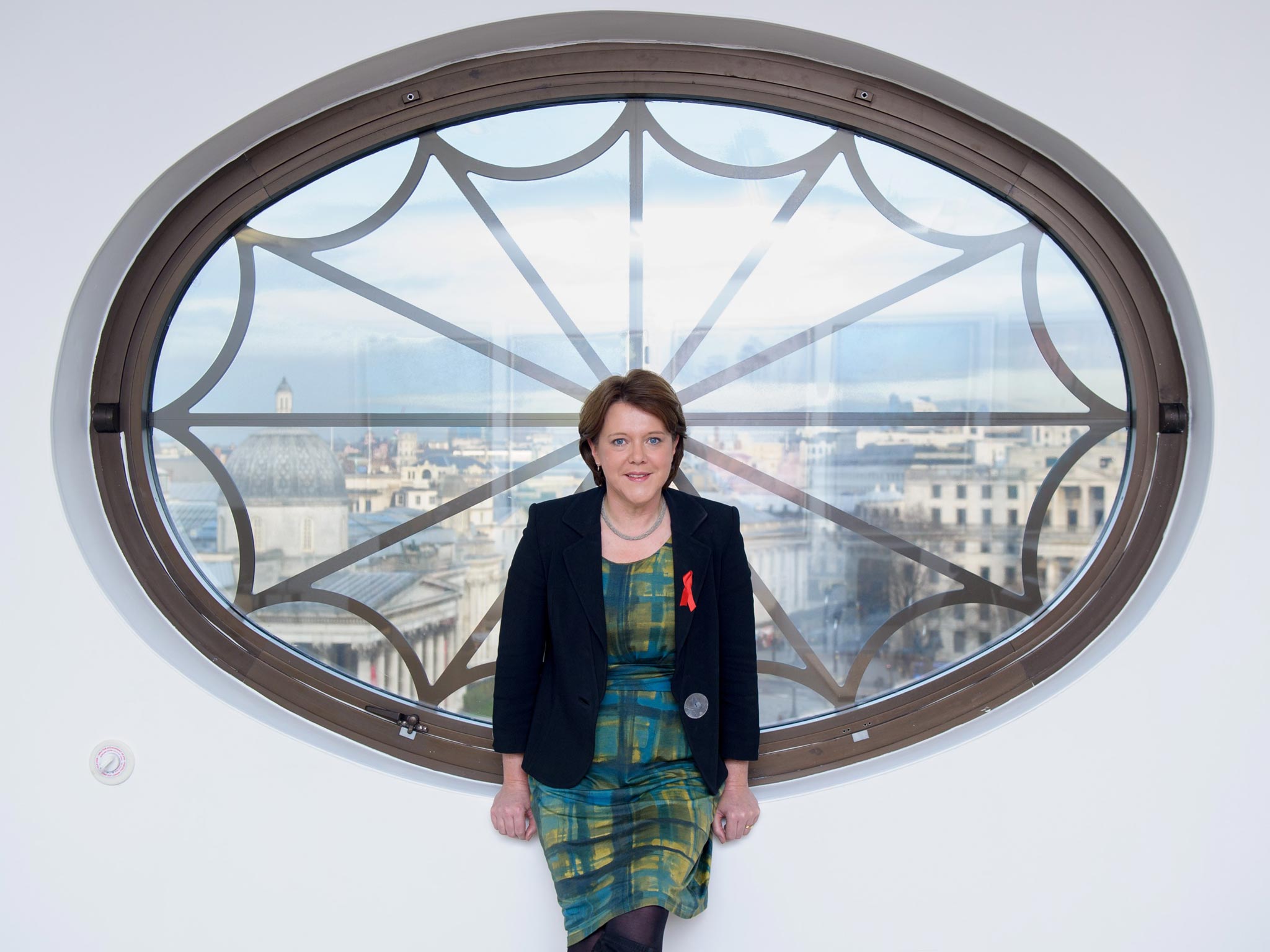Newspapers are crediting Maria Miller with too much power if they think she is out to shackle the press over the expenses scandal
The idea of MPs ‘taking revenge’ for newspaper coverage of their expenses is misguided


The Maria Miller saga has little to do with Maria Miller. She is a Culture Secretary of limited influence and power. Her precise offence is not clear. Is her curt apology the cause of the anger or is it her expenses claims? Is she being blamed for the fact that MPs to some extent regulate their own affairs, even though this has nothing to do with her?
The questions, let alone the answers, are lost in the fog as some editors and former editors flex their muscles over newspaper regulation. Their narrative goes along these lines: In seeking to suppress stories about her expenses, Miller got senior advisers - including Craig Oliver in Number 10 - to warn that she was in charge of implementing the recommendations of the Leveson inquiry. The sinister implication is that there would be tougher constraints unless the newspapers backed off.
This narrative is buttressed by a wider belief among some editors that MPs’ support for more robust press regulation is their way of hitting back after the expenses scandal. The Editor of the Times, John Witherow, told me this explicitly last summer. MPs were getting revenge, he claimed - without any qualification, or evidence, and with an unquestioning confidence.
Neither the specific narrative relating to Miller, nor the general proposition, stands up to scrutiny. For Miller to be part of a potential conspiracy to suppress newspapers she would have had to be the pivotal figure in the negotiations over Leveson. She was not. It was Oliver Letwin who represented the Government when late-night discussions took place over pizza in Ed Miliband’s office. The highly sensitive decisions were and are made in Number 10, with Cameron very closely involved. Miller would have had no authority to take decisions unilaterally, and her powerlessness is displayed in front of our eyes on a daily basis.
In the meantime, newspapers that might well have been punished by a speedy implementation of the Leveson proposals are refusing to accept what parliament has decreed to be necessary. They bash Miller from pillar to post, calling for her departure, and, against the will of parliament, continue to insist on self-regulation while condemning MPs for partially regulating their own affairs.
The more general assertion made by Witherow does not stack up either. The expenses scandal broke in the last parliament. A lot of MPs who were culpable quit or lost their seats. Cameron announced the Leveson inquiry in this parliament. He did so reluctantly, because he was wary of taking on the media. Ed Miliband has been notably robust in supporting Leveson’s recommendations. He was one of the few MPs who claimed much less in expenses than he was entitled to. He had no cause to seek revenge over the reporting of MPs’ expenses. I did hear a few MPs in the last parliament complain that the reporting of expenses was selective. But not even these MPs said that they would get their revenge by strengthening the oversight of newspapers. Instead they were pale with impotent fear. The reporting of MPs’ expenses was neither the trigger nor the cause of the debate about press regulation.
The truth is that Cameron established Leveson, with all-party support, in response to the reckless activities of some newspapers. He pledged that the recommendations would be implemented unless they were bonkers. The recommendations were not bonkers but they have not been implemented because most newspapers refuse to co-operate. In contrast, MPs’ expenses have been radically and speedily overhauled. The new regime is extremely tough. Miller’s claims relate to the calamitous old system.
As for the wider question of regulation, MPs are foolish if they believe the public or the media will accept any form of self-regulation over their affairs. But we should not forget that MPs handed over issues connected with their pay to an independent body. When that body recommended a one-off substantial increase, all hell broke loose. Sometimes independence is not the issue. Similarly the self-regulatory body set up by MPs to monitor conduct can be punitive. The Labour chair, Kevin Barron, was so severe in his verdict on Denis MacShane that the former minister ended up in prison, having previously been cleared. Now Barron is accused of being soft on a Tory cabinet minster. Flawed or not, he and his committee cannot be accused of always taking the side of MPs.
As for Cameron, I can understand why he stands firm in his determination to keep Miller for now. She has paid the fine she was asked to pay. It has not been proved that she made financial gain fraudulently. She has issued the humiliating apology, no less humbling because of its misjudged, provocative brevity. None of it has anything to do with the complex, thorny issue of how to regulate newspapers when voluntary regulation in its previous form had proved to be a disastrous failure.
Join our commenting forum
Join thought-provoking conversations, follow other Independent readers and see their replies
Comments